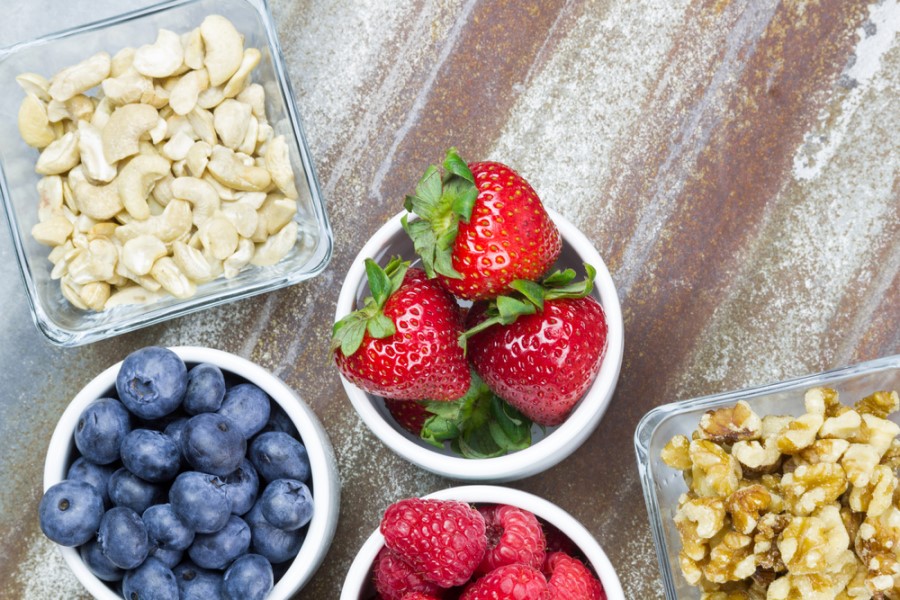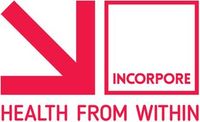Physical wellbeing: top tips to get snacking right

Why snack?
Get snacking right and you can turn your body into a fat burning furnace. For weight loss, appropriate snacking is vital for three reasons:
- Blood sugar: The correct snacks can help to regulate your blood sugar. This is important because it’s the peaks and troughs in your blood sugar which affect fat storage and the rate at which you burn calories off.
- Calorie intake: Weight management is a simple scientific equation of ‘calories in’ versus ‘calories out’. Whilst there are many ways that we can manipulate the variables in the equation – i.e. make the exercise you choose as calorie-burning as possible – appropriate snacking is an important piece of the puzzle which often gets overlooked.
- Energy levels: A steady intake of calories throughout the day stabilises your mood and energy levels, as well as having a positive effect on your food choices later in the day. Have you ever been so hungry that you eat something you know will sabotage your healthy eating efforts? A healthier snack earlier would have prevented you making the wrong choices.
Why not snack?
Get snacking wrong and you add extra calories that are stored as fat. Snacking in front of the TV in the evening is a habit for many of us, even though we’ve already consumed our target calories for the day. If you’re going to snack – and we would encourage you to – it should be as an integral part of your food plan, not empty extra calories above your required intake.
When should we snack?
Between breakfast and lunch, then again between lunch and dinner. This will help keep your metabolism higher, burning more calories even if you’re sitting at your desk. Five small meals are better than three large ones. Try not to snack after dinner as this is the perfect and natural opportunity for a mini-fast, consuming no calories overnight from dinner to breakfast.
Breakfast. Snack. Lunch. Snack. Dinner. Repeat!
What should we snack on?
Snacking must complement and balance the rest of your nutrition. If fat loss is your goal, we suggest not eating a constant stream of carbohydrates.
So if you’re having high-carb meals (e.g. porridge for breakfast, a sandwich for lunch and then pasta, rice or potatoes for dinner), we recommend a low (or no) carbohydrate snack – for example, cream cheese or hummus with celery/carrot sticks, or a protein supplement.
If you’ve planned low-carb meals (e.g. scrambled egg for breakfast, a chicken salad for lunch and stir fry for dinner), a snack that’s higher in carbohydrate would complement well – for example, one or two rye crisp-breads with peanut butter or a piece of fresh fruit.
What snacks should we avoid?
Snacks that are high in sugar or fat should be limited in your diet. We’re firm believers in ‘everything in moderation’ – so if you can’t live without that packet of crisps or bar of chocolate, there’s room for it in your plan somewhere. A treat at the end of the week if you’ve followed your plan and got your workouts in, maybe? You need to understand that they’re 'empty'calories, holding no nutritional value. However, calorie balance isn’t just about the day to day – it can be managed over the course of the week and month too. If one day goes off plan, adjust your nutrition and exercise over the rest of the week to balance it out and get back on track.
And beware, remember that consuming sugar leads to wanting more sugar, so your desire for one chocolate biscuit can become half a pack before you realise what’s happening!
This article is provided by Incorpore.
Supplied by REBA Associate Member, Incorpore
Our range of products all fuel our vision to create a fitter, happier & more productive workforce.







